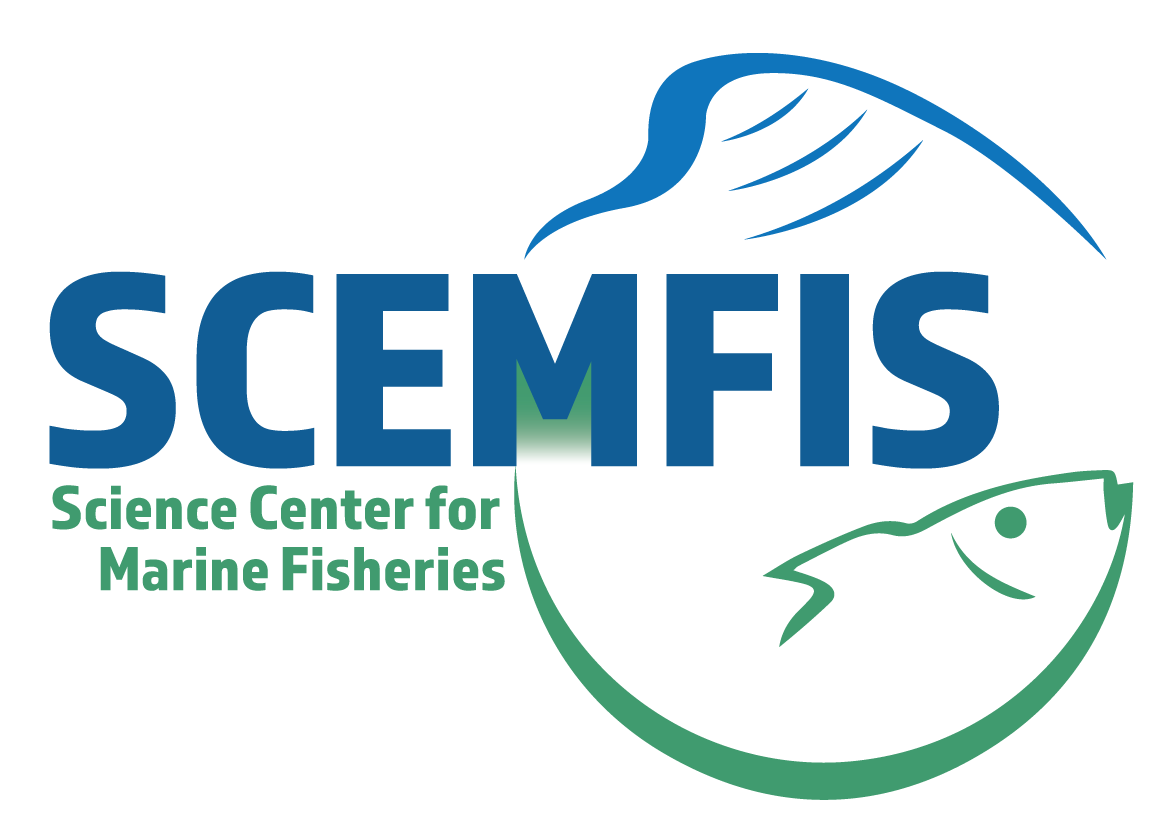NEW BEDFORD, MA / ACCESSWIRE / February 4, 2020 / Dr. Steve Cadrin, Professor at the School for Marine Science and Technology at the University of Massachusetts Dartmouth and past President of the American Institute of Fishery Research Biologists, has completed an evaluation and summary of the latest Southeast Data, Assessment, and Review (SEDAR) Atlantic menhaden stock assessments. Dr. Cadrin's evaluation and summary was commissioned by the Science Center for Marine Fisheries (SCeMFiS). SEDAR completed two assessments in January, a traditional single-species benchmark assessment, and a first-of-its-kind ecological reference point assessment.
Read Dr. Cadrin's evaluation here
Among other conclusions, Dr. Cadrin's evaluation and summary finds that, according to the peer-reviewed assessments, the menhaden population is healthy, with menhaden fishing mortality remaining low. Atlantic menhaden was certified as sustainable by the Marine Stewardship Council in 2019. When comparing the two assessments, Dr. Cadrin notes that the single-species assessment "is the best scientific information available for fishery management."

The evaluation and summary of the Atlantic menhaden assessments was one of the 2020 projects recently approved by SCeMFiS, which is part of the National Science Foundation's Industry-University Cooperative Research Centers program. The review was commissioned to provide a non-technical summary of the two 400+ page Atlantic States Marine Fisheries Commission (ASMFC) menhaden assessments, so that menhaden fishery stakeholders would have, in an easily-comprehensible format, the information needed to support the best path to science-based management of the fishery.
Single-Species Assessment Remains Best, Most Reliable Information Available
Dr. Cadrin evaluated and summarized both the traditional, single-species menhaden stock assessment, as well as the new assessment that includes a multispecies focused analysis of menhaden and species which prey upon menhaden as part of their diet. This effort is a key part of the ASMFC's efforts to transition to ecosystem-based fisheries management.
"The single-species assessment includes much more information on size and age composition, fishery selectivity, and recruitment variability than the multi-species models that were developed, but all models provide similar perceptions of menhaden stock trends since the 1990s," writes Dr. Cadrin.
Other notable points by Dr. Cadrin include the improvements that the single-species assessment made in getting more accurate measurements of menhaden natural mortality, and the assessment's conclusion that menhaden fishing mortality remains low, while the estimate of the current stock size is high.
Lower Menhaden Fishing Would Not Help Overfished Striped Bass
Dr. Cadrin's evaluation and summary of the ecosystem-based assessment focuses in part on how it modeled the relationship between menhaden and striped bass. Most notably, he observes the assessment finds that, due to current overfishing and the overfished status of striped bass, decreasing the menhaden harvest would have little impact on striped bass stocks.
"At the current rate of fishing mortality on striped bass, there is little change in the long-term expectation for the striped bass stock from fishing menhaden at a lower rate than the single species target. Therefore, there appears to be negligible benefit to bass from fishing menhaden lower than the single species target," Dr. Cadrin writes.
The assessments are the culmination of a two-year effort to gather and analyze available data for Atlantic menhaden from the fishery-independent sampling programs of the Atlantic states, commercial purse-seine reduction fishery, and commercial bait fishery. All those who worked on the single-species assessment and the ground-breaking ecosystem assessment - the SEDAR 69 Panel, the Atlantic Menhaden Technical Committee (TC), the Stock Assessment Subcommittee (SAS), the ASMFC Ecosystem Reference Points Work Group, the Center for Independent Experts (CIE), the technical reviewer and the review panel chair -- deserve credit for the completion of this task.
Both assessments will be discussed at this week's ASMFC meeting.
About SCeMFiS:
SCeMFiS utilizes academic and fisheries resources to address urgent scientific problems limiting sustainable fisheries. SCeMFiS develops methods, analytical and survey tools, datasets, and analytical approaches to improve sustainability of fisheries and reduce uncertainty in biomass estimates. SCeMFiS university partners, University of Southern Mississippi (lead institution), and Virginia Institute of Marine Science, College of William and Mary, are the academic sites. Collaborating scientists who provide specific expertise in finfish, shellfish, and marine mammal research, come from a wide range of academic institutions including Old Dominion University, Rutgers University, University of Massachusetts-Dartmouth, University of Maryland, and University of Rhode Island.
The need for the diverse services that SCeMFiS can provide to industry continues to grow, which has prompted a steady increase in the number of fishing industry partners. These services include immediate access to science expertise for stock assessment issues, rapid response to research priorities, and representation on stock assessment working groups. Targeted research leads to improvements in data collection, survey design, analytical tools, assessment models, and other needs to reduce uncertainty in stock status and improve reference point goals.
Members of SCeMFiS include:
- Atlantic Capes Fisheries........................ Massachusetts, New Jersey
- Bumble Bee Seafoods............................ New Jersey
- Garden State Seafood Assn.................... New Jersey
- LaMonica Fine Foods............................. New Jersey
- Lund's Fisheries..................................... Massachusetts, New Jersey
- NFI Clam Committee
- NFI Scientific Monitoring
- Northeast Fisheries Science Center
- Omega Protein........................................ Louisiana, Mississippi, Virginia
- Sea Watch International........................ Delaware, Massachusetts, New Jersey
- Surfside Seafood Products.................... New Jersey
PRESS CONTACT:
Stove Boat Communications
202-844-2502
[email protected]
SOURCE: Science Center for Marine Fisheries




